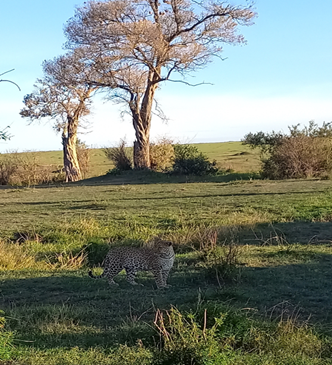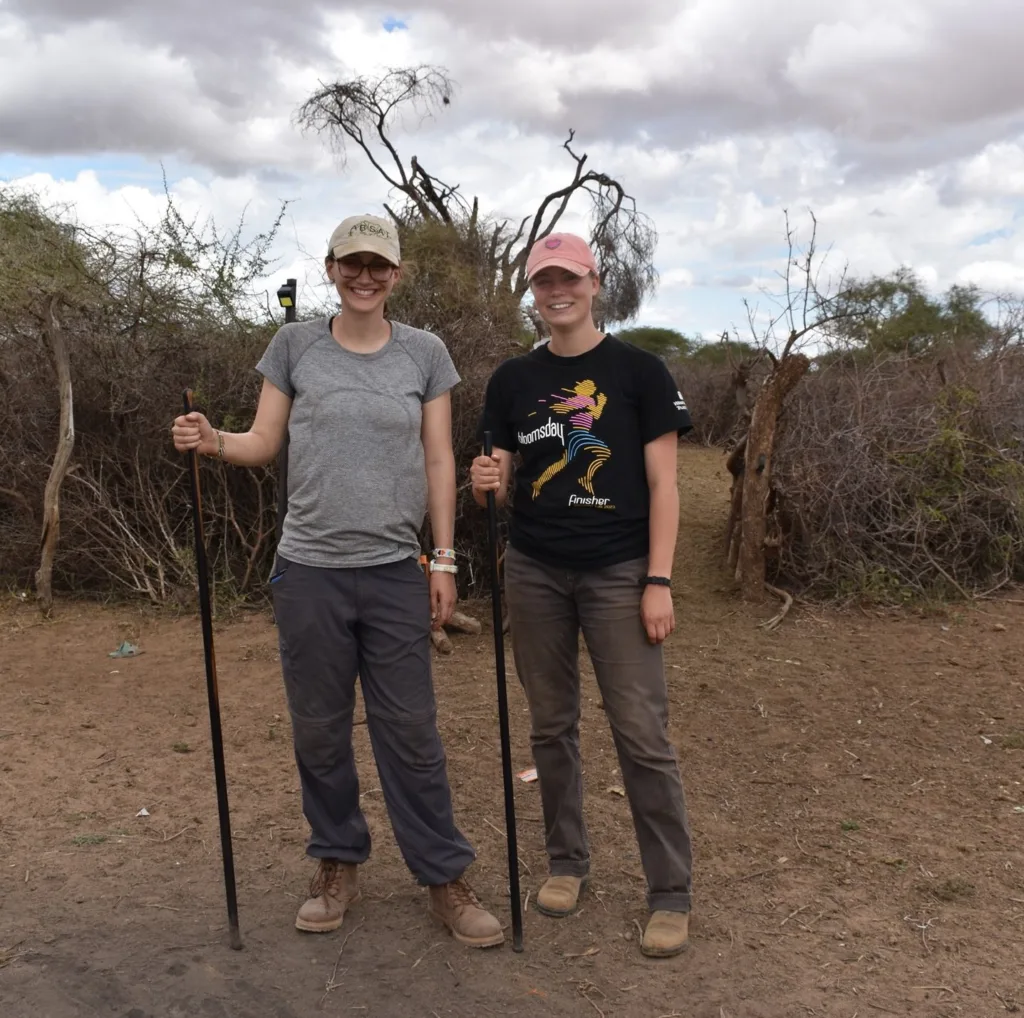
By: Eliza Garfield, Ed.D.
Forests of Bhutan
In Bhutan, roughly 80% of the total land area is covered in forest. This semester, SFS students have had firsthand experience considering: What important floral and faunal species do these forests include and how are they managed scientifically? Additionally, SFS students have spent their time exploring the unique ways Bhutan manages these extensive forest resources. This hands-on learning took place in the field via direct observation and conversations with community members at sites as diverse as logging areas, forest preserves, and community forests. Thinley Wangdi, a forestry faculty member at UWICE, led a field exercise to a logging site where students learned the economic value attached to different harvesting and logging practices. Students were asked to think critically about the value of various forest management systems in the context of Bhutan.
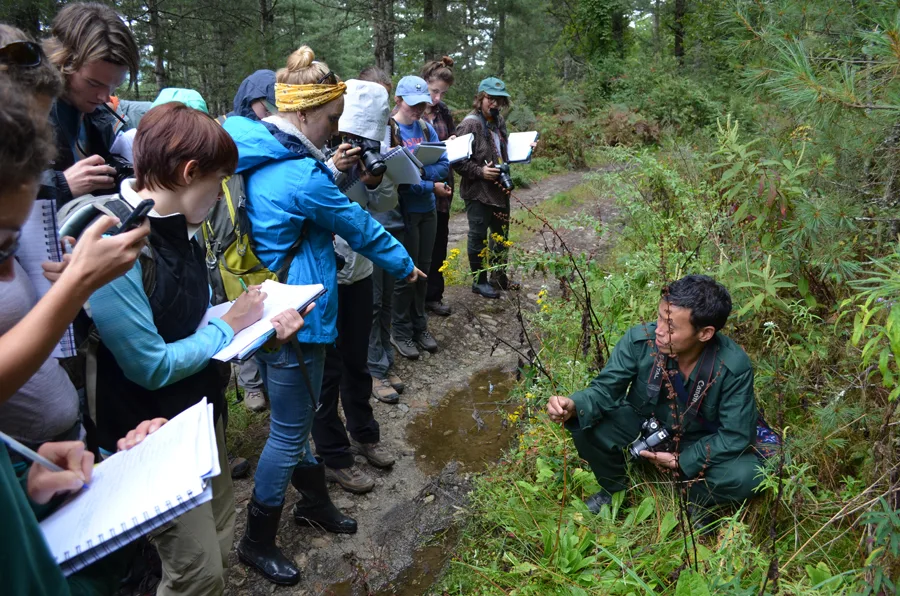
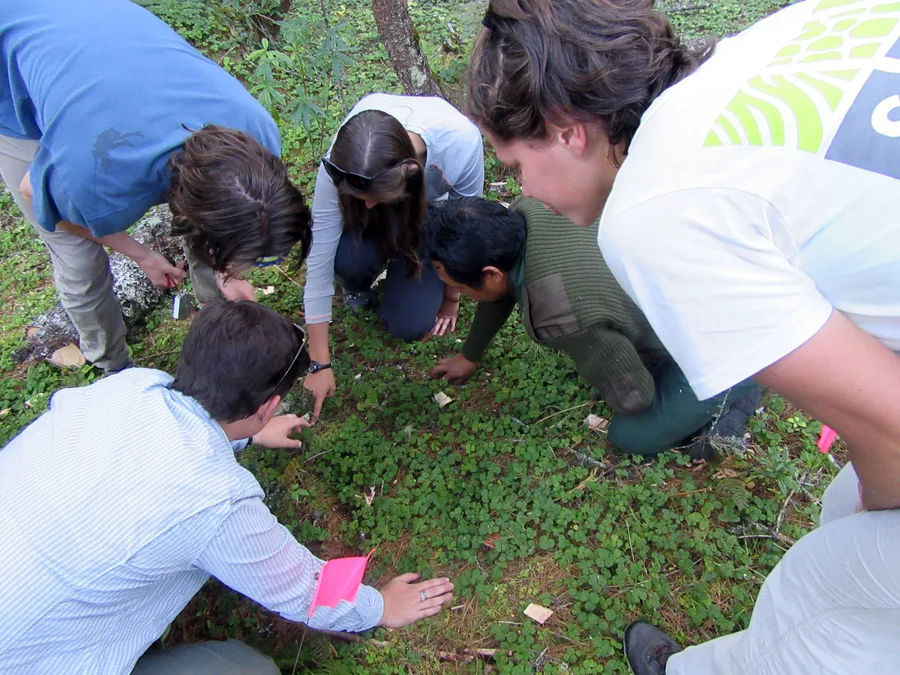
SFS students also took on the exciting challenge of learning to identify diverse trees and plant species native to Himalayan regions. Students can now identify more than 25 native species of plants and trees! Rinchen, a plant expert at Ugyen Wangchuck Institute for Conservation and Environment (UWICE), has spent the semester leading early morning bird, plant, and tree identification walks. He helped students to identify many plant species, their uses, and preference by wildlife species, as well as economic value in local and international markets.
Moreover, students learned about which animals seek these plants as well as about rural livelihoods and how the people of Bumthang use these local plants in their everyday lives. For example, locals collect autumn olive berries for making wine while Himalayan black bears seek the same plant as a resource for food. Lecturers also introduced students to camera trapping methodologies to capture evidence of the wildlife-habitat relationship in the area. Several camera traps resulted in photos of Himalayan black bears, red pandas, and other animals in their preferred habitats within the UWICE forest preserve.
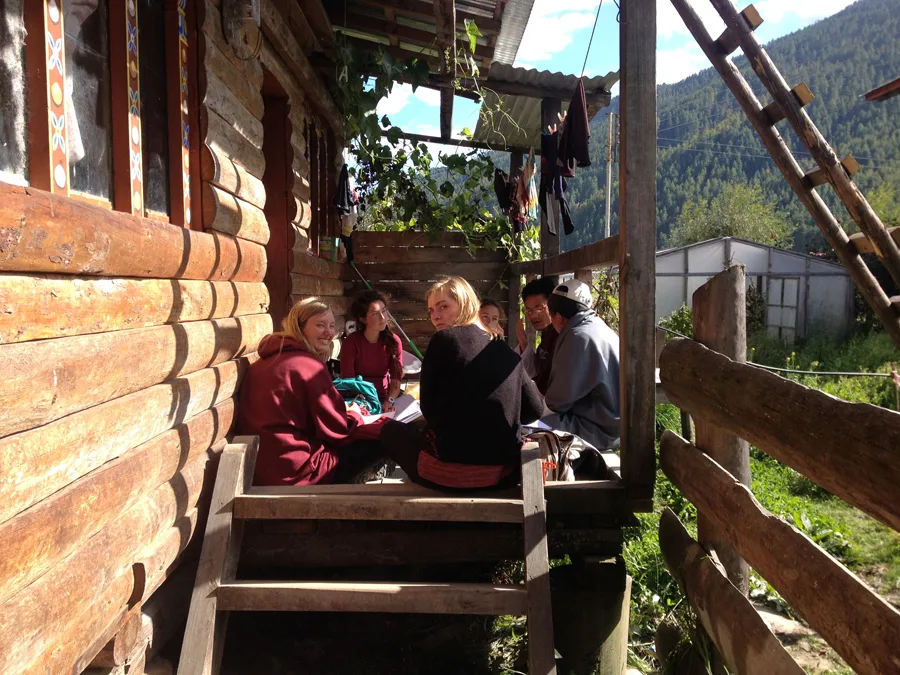
→ Himalayan Environment & Society in Transition Semester Program in Bhutan
Related Posts
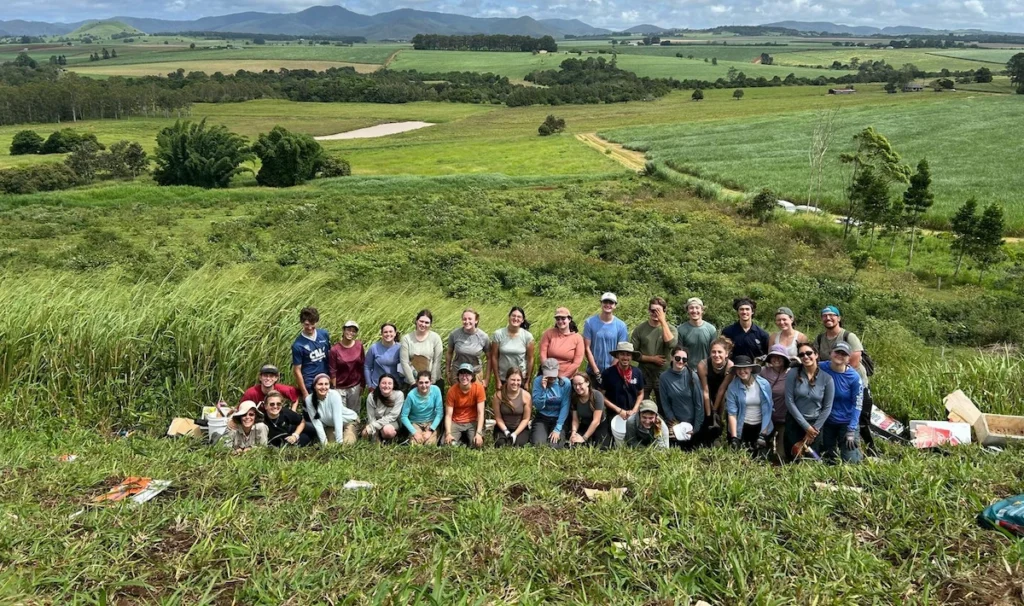
Cinder Cone Chronicles: Lessons from Drought, Data, and Determination
